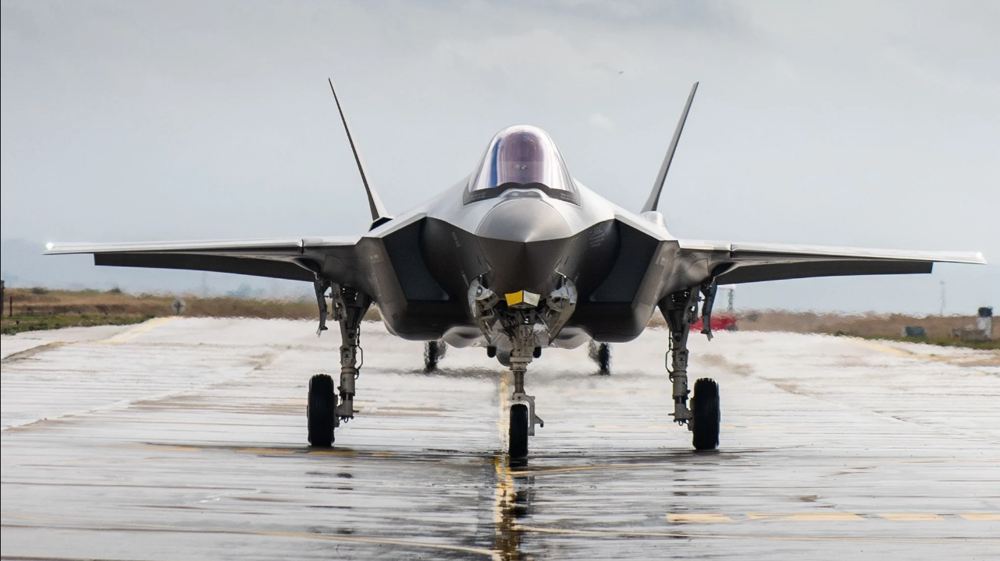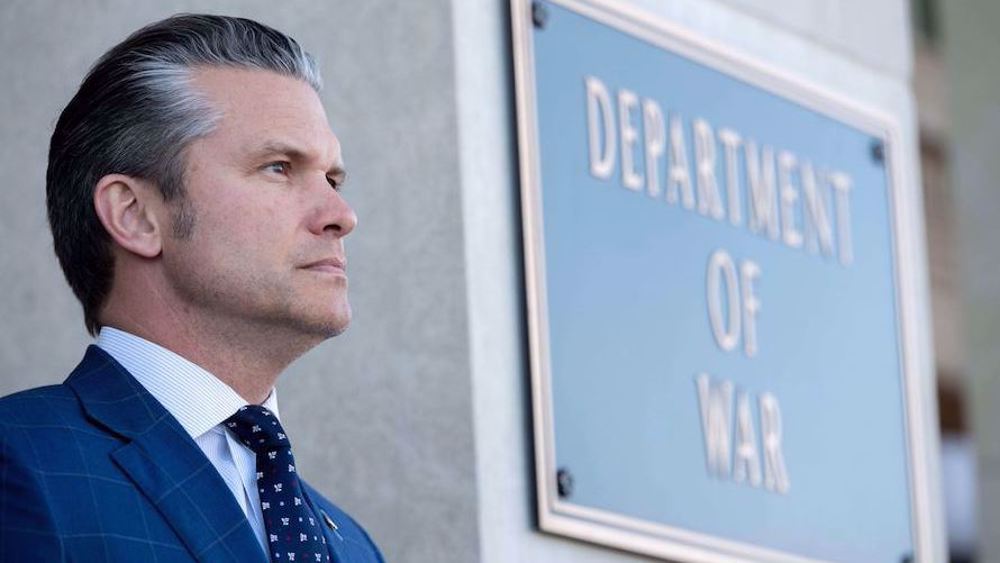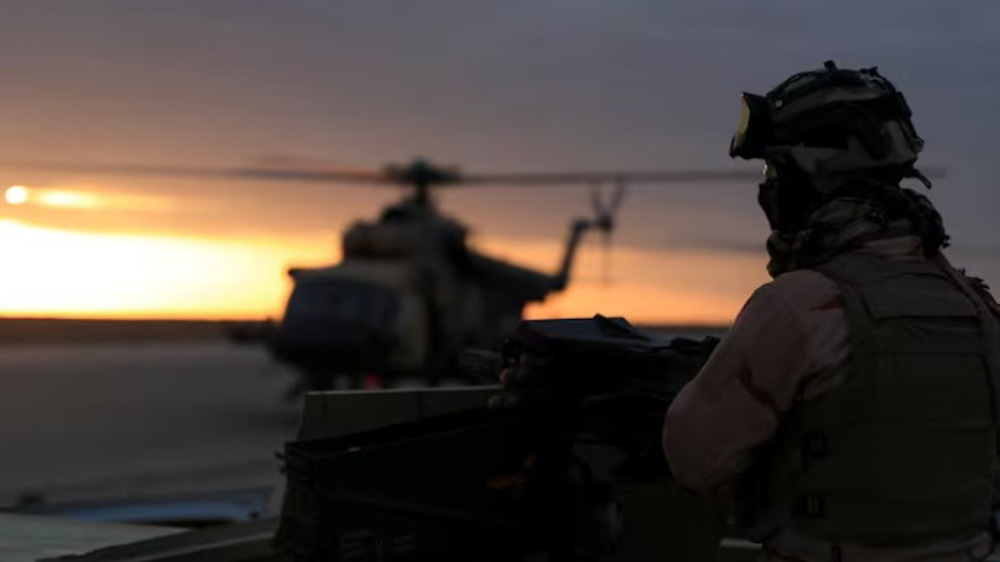US to keep arming Syria Kurds after Raqqah: Mattis
Defense Secretary James Mattis says the United States will continue to provide weapons to Kurdish fighters in Syria after the campaign to dislodge Daesh (ISIL) terrorists from Raqqah is over, an announcement that would further infuriate Turkey.
Speaking to reporters traveling with him to Germany on Monday, Mattis said the US would try to recover the weapons supplied to the Syrian Kurds, but added it would depend on when or where the next mission is.
"We'll do what we can," he said when asked if all the weapons would be returned.
The comments marked the first time the Pentagon chief has publicly talked about the US pledge to take back the arms from the Kurdish People's Protection Units (YPG).
In a letter to his Turkish counterpart Fikri Isik on Thursday, Mattis sought to ease Turkey’s security concerns, saying the US would provide Ankara with a monthly list of weapons and equipment supplied to the YPG.
Read more:
- 'US sends truckloads of arms to Syria Kurds'
- Turkey, US at odds over arms sent to Kurds
- Turkey: US arming of Syria Kurds 'unacceptable'
Mattis also reassured Turkish officials that arms given to the Syrian Kurds would be taken back.
The Donald Trump administration's decision last month to arm the YPG roiled Turkey, which views the fighters as an extension of the Kurdistan Workers' Party (PKK) fighting for an autonomous region inside Turkey since 1984.
The initial arms deliveries began at the end of May, with the Pentagon saying they included small arms and ammunition. But officials have indicated that 120 mm mortars, machine guns, and light armored vehicles were also likely going to Syria.
Early this month, the so-called Syrian Democratic Forces (SDF), which the YPG is a major component of, launched an operation to drive Daesh out of the northern city of Raqqah, the de facto capital of the terror group in Syria.

"We're going to equip them for the fight. If they have another fight and they need, you know, the light trucks that they've been using ... we'll get them that," Mattis said.
The provision of arms depends, he said, on the battle and what weapons the Kurds need. "When they don't need certain things any more, we'll replace those with something they do need."
Turkey fears the weapons provided to the Kurdish fighters in Syria will end up in the hands of PKK militants operating in Turkey. The US also considers the PKK a terrorist organization and insists it would never arm that group.
Mattis said the battle against Daesh was growing more complex as it moved into the Euphrates River Valley, underscoring the importance of maintaining communication with Russia.
So-called "deconfliction" hotlines have been used by the US and Russia to notify each other where they are operating in order to avoid accidents.
In recent weeks, the Russians have threatened they would not use the deconfliction lines after the US shot down a Syrian government warplane.
Mattis said communications with Russia were taking place at several military levels to insure that aircraft and ground forces were safe.
'US won't be drawn into Syria war'
Despite the increasingly complicated battlefield, the Pentagon chief asserted that the US would not be drawn into the Syrian conflict. "We just refuse to get drawn into a fight there in the Syria civil war, we try to end that one through diplomatic engagement."
The US will not fire "unless they are the enemy, unless they are ISIS," Mattis said, using another acronym for the Daesh terror group.

The comments came shortly before White House spokesman Sean Spicer accused the Syrian government of making “preparations” for a chemical attack against civilians.
Spicer warned that Syrian President Bashar al-Assad and the Syrian military would “pay a heavy price” if they went ahead with the alleged plan.
State Department officials, who would “typically” be consulted before such statements are made, told the Associated Press that they had been caught “completely off guard” by the statement.
Read more:
The AP report also said that the content of Spicer’s statement “didn’t appear to be discussed in advance with other national security agencies.”
A US-led coalition has been active in Syria since late 2014, bombing purported Daesh targets and training local militants to carry out assaults against the group as well as pro-government forces.
VIDEO | Trump's Iran blunders
Senior cmdr. strongly warns Trump following rhetorical remarks concerning Leader
EU Parliament halts US trade deal after Trump tariff threat
VIDEO | An unchecked presidency
VIDEO | Deportations strain Afghanistan’s fragile economy
‘Full-scale atrocity’: Iran security body reports 2,427 martyrs in US-Israeli-led riots
Smallest coffins are the heaviest: The three youngest victims of foreign-backed riots in Iran
Hamas warns of ‘systematic Israeli violations’ as Gaza ceasefire teeters










 This makes it easy to access the Press TV website
This makes it easy to access the Press TV website